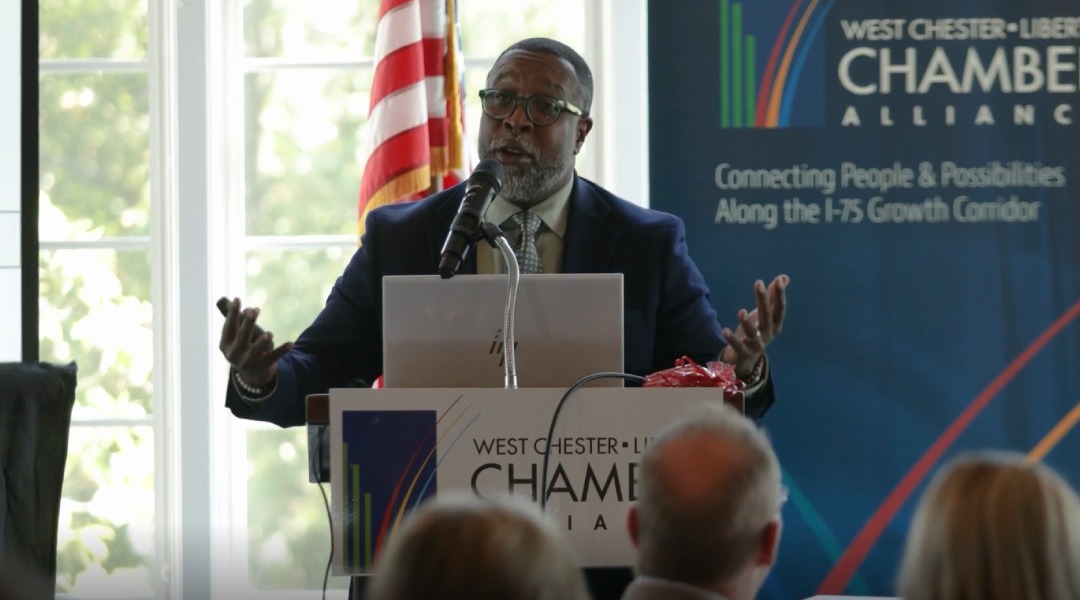An estimated 15 million adults are diagnosed with post-traumatic stress disorder (PTSD) annually, however, this is only a small portion of those who have experienced trauma. Post-traumatic stress disorder has been known by various names including “shell shock” and “combat fatigue” in the years following World Wars I and II, but PTSD doesn’t just affect combat veterans. Individuals with any background and of any age can develop PTSD as a result of a traumatic event.
Feeling on the edge to intense emotions of guilt, sadness, or fear, these and other symptoms are common signs of post-traumatic stress disorder and complex post-traumatic stress disorder. But given how similar the conditions are, when it comes to complex post-traumatic stress disorder (CPTSD) vs PTSD, what’s the difference?
Start Your Recovery Journey with Modern Psych
>> Check out our Programs <<
What is Post-traumatic Stress Disorder?
Post-traumatic stress disorder is a mental health condition caused by experiencing or witnessing a traumatic event such as a natural disaster, serious accident, war, sexual violence, or serious injury. Signs of post-traumatic stress disorder may include flashbacks, nightmares, and severe anxiety that interferes with day-to-day functioning.
CPTSD vs PTSD: What is the Difference?
PTSD is a multidimensional disorder with many causes, signs, and symptoms. While there are subcategories of the condition, two of the most common are CPTSD and PTSD.
Complex PTSD is a form of post-traumatic stress disorder that is caused by ongoing trauma that lasts months or years, often stemming from childhood. CPTSD is often found in abuse or domestic violence cases, repeated exposure to war or combat, community violence, trauma caused by a parent or caregiver, or sudden loss.
Common symptoms of CPTSD include:
- Consistently feeling empty, lonely, or hopeless.
- Challenges with relationships such as trust issues, avoidance, or unhealthy communication and other social dynamics
- Experiencing extreme anger or sadness

PTSD is caused by experiencing, witnessing, or listening to a single traumatic life event. PTSD has a wide range of causes ranging from car crashes and natural disasters to the death of a loved one or act of sexual violence. PTSD is common for individuals who work in high-stress environments such as the military or medical field.
Similar to CPTSD, PTSD symptoms include:
- Sudden intrusive memories or flashbacks about the event
- Avoidance of places, feelings, or situations related to the event.
- Isolation from others
- Feeling anxious, easily startled, or irritable
- Ongoing feelings of fear, guilt, and negative emotions about yourself and others
- Difficulty remembering parts of the event.
CPTSD vs PTSD: Treatment and Recovery
While the symptoms of CPTSD and PTSD vary, the treatment and recovery are similar. Upon diagnosis, the team at Modern Psychiatry and Wellness will evaluate and determine the most effective treatment plan toward recovery. Common treatments include psychotherapy, medication, or a combination of the two. Psychotherapy will allow both the care team and yourself to learn more about the trauma and its effects on day-to-day life. Psychotherapy also allows for the identification of triggers and methods to manage those symptoms.
Modern Psychiatry and Wellness Can Help
From feeling scared and anxious to angry and depressed, there are many emotions related to trauma. However, knowing how to address and recover from a traumatic event can be difficult. If you or a loved one experienced a traumatic event and are experiencing symptoms believed to be related to post-traumatic stress disorder, please contact Modern Psychiatry and Wellness, we’re here to help.





